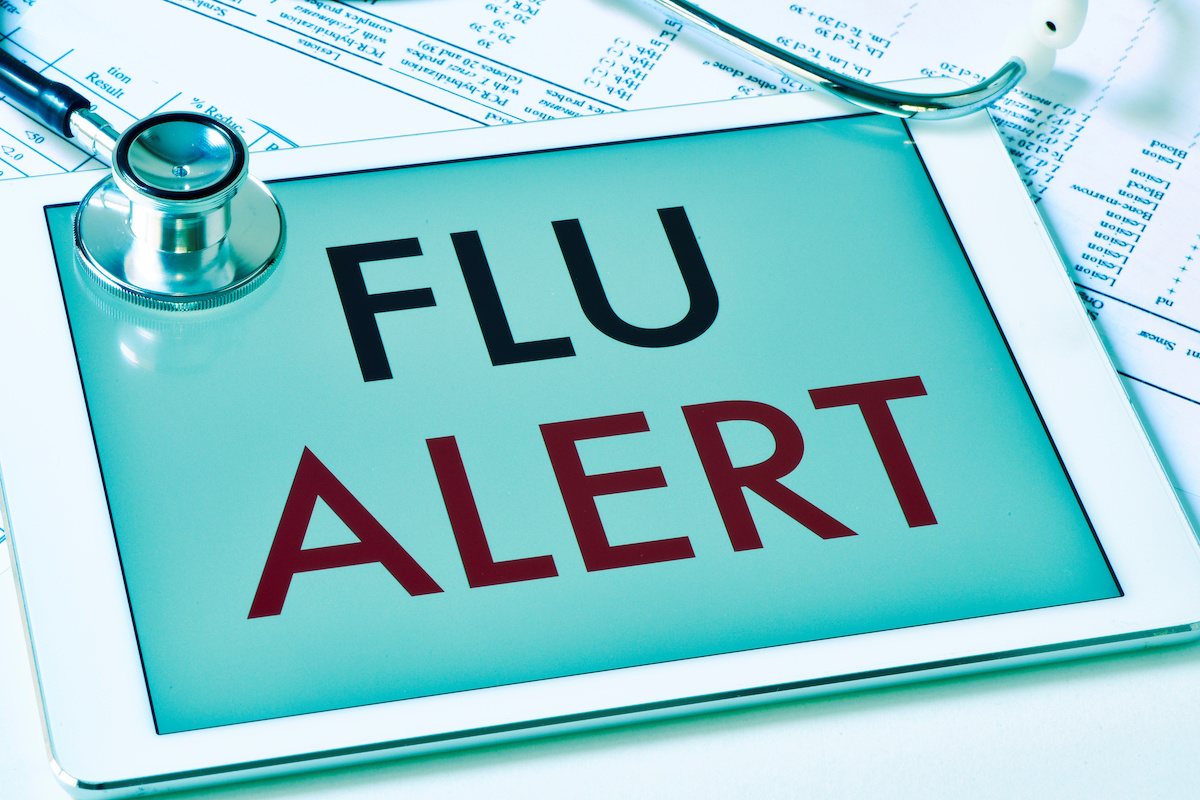
If you have not gotten a flu shot yet, public health officials urge don’t wait any longer. Flu activity is widespread throughout Georgia, and the state’s current flu report lists flu activity at its highest level.
“It is not too late to get a flu shot. Every individual over the age of six months should get a flu vaccine – not just for their own protection, but to protect others around them who may be more vulnerable to the flu and its complications,” says Georgia Department of Public Health (DPH) Commissioner Dr. Kathleen E. Toomey.
Toomey says even if the vaccine doesn’t completely prevent illness from the flu, it can help reduce the severity and risk of serious complications and keep people out of the hospital.
The flu vaccine is widely available in public health departments, doctors’ offices, grocery stores, neighborhood clinics, and pharmacies.
To find a location near you, visit www.vaccines.gov/find-vaccines/.
Symptoms and complications
Flu symptoms and their intensity can vary from person to person and can include fever, cough, sore throat, runny or stuffy nose, body aches, headache, chills, and fatigue.
Some people are at higher risk of developing serious flu-related complications if they get sick. This includes people aged 65 years and older and those with certain chronic medical conditions such as asthma, diabetes, or heart disease, and pregnant women. Also, children younger than 5 years old, but especially those younger than 2, are more susceptible to flu complications.
In some cases, healthcare providers may recommend the use of antiviral drugs that fight against the flu in your body. Antiviral drugs are prescription medicines and are most effective when taken within 48 hours of symptoms appearing.
Other preventive measures
There are other tried and true measures you can take to help prevent the spread of flu:
- Frequent and thorough handwashing with soap and warm water.
- Use an alcohol-based gel if you don’t have access to soap and water.
- Cough or sneeze into the crook of your elbow or arm.
- Avoid touching your face, as flu germs can get into the body through
mucus membranes of the nose, mouth, and eyes. - If you are sick, stay home from school or work. You should be free of a fever,
without using a fever reducer, for at least 24 hours before returning to school or work.
For more information about flu and how to prevent it, visit the Department of Public Health website. You can also monitor the state’s flu activity through weekly influenza reports posted on the DPH website. Reports are updated each Friday.







